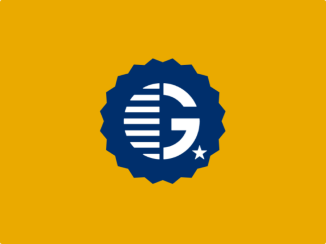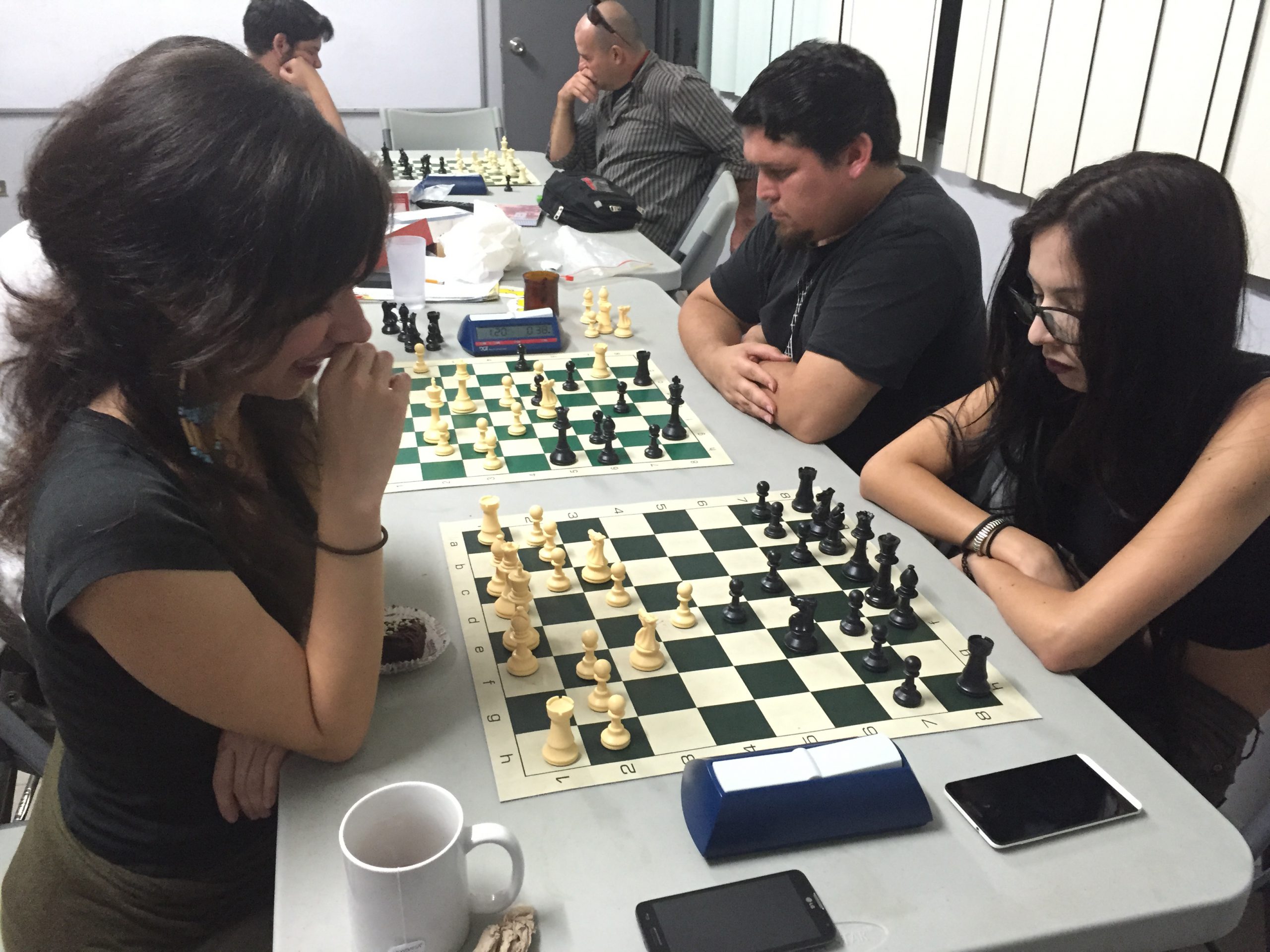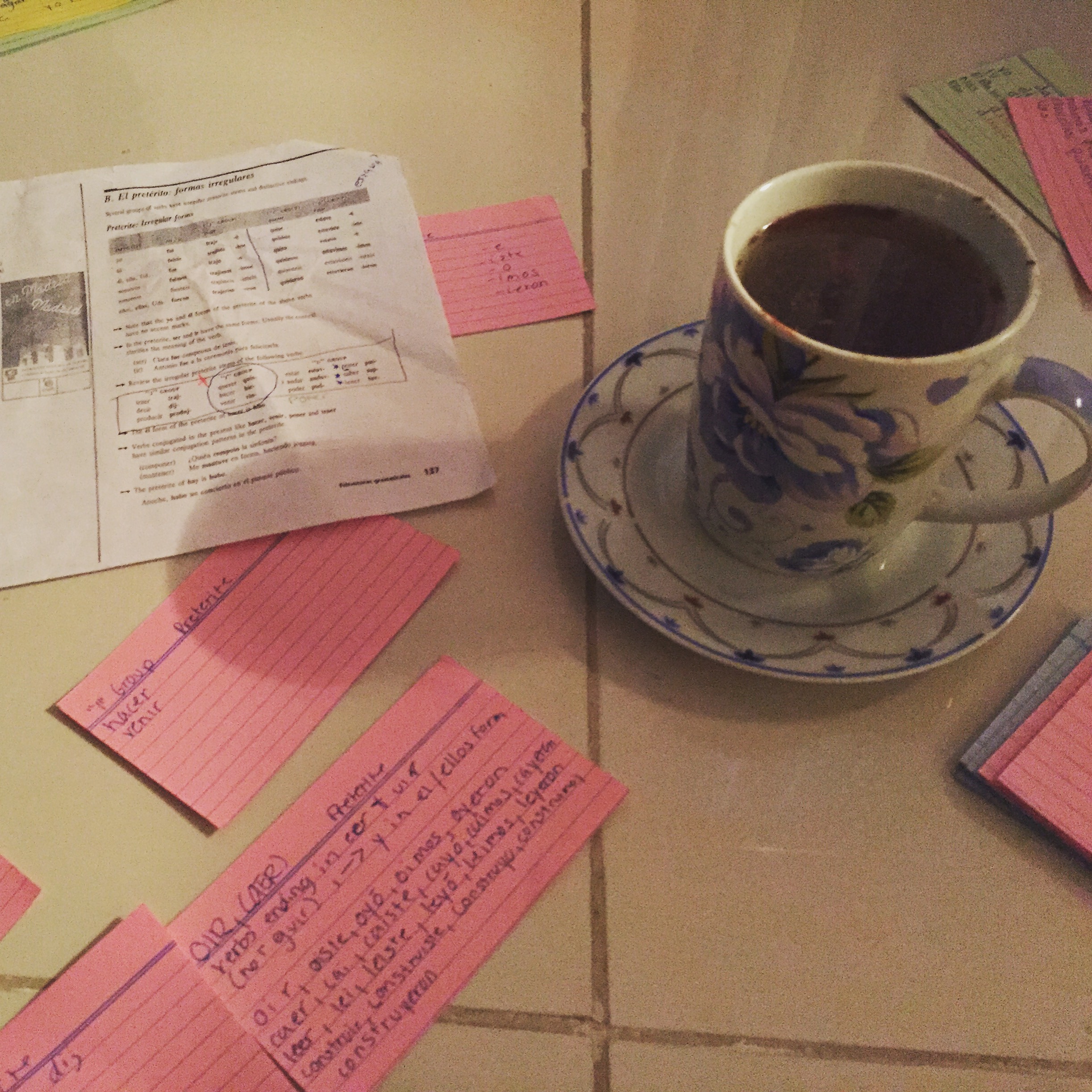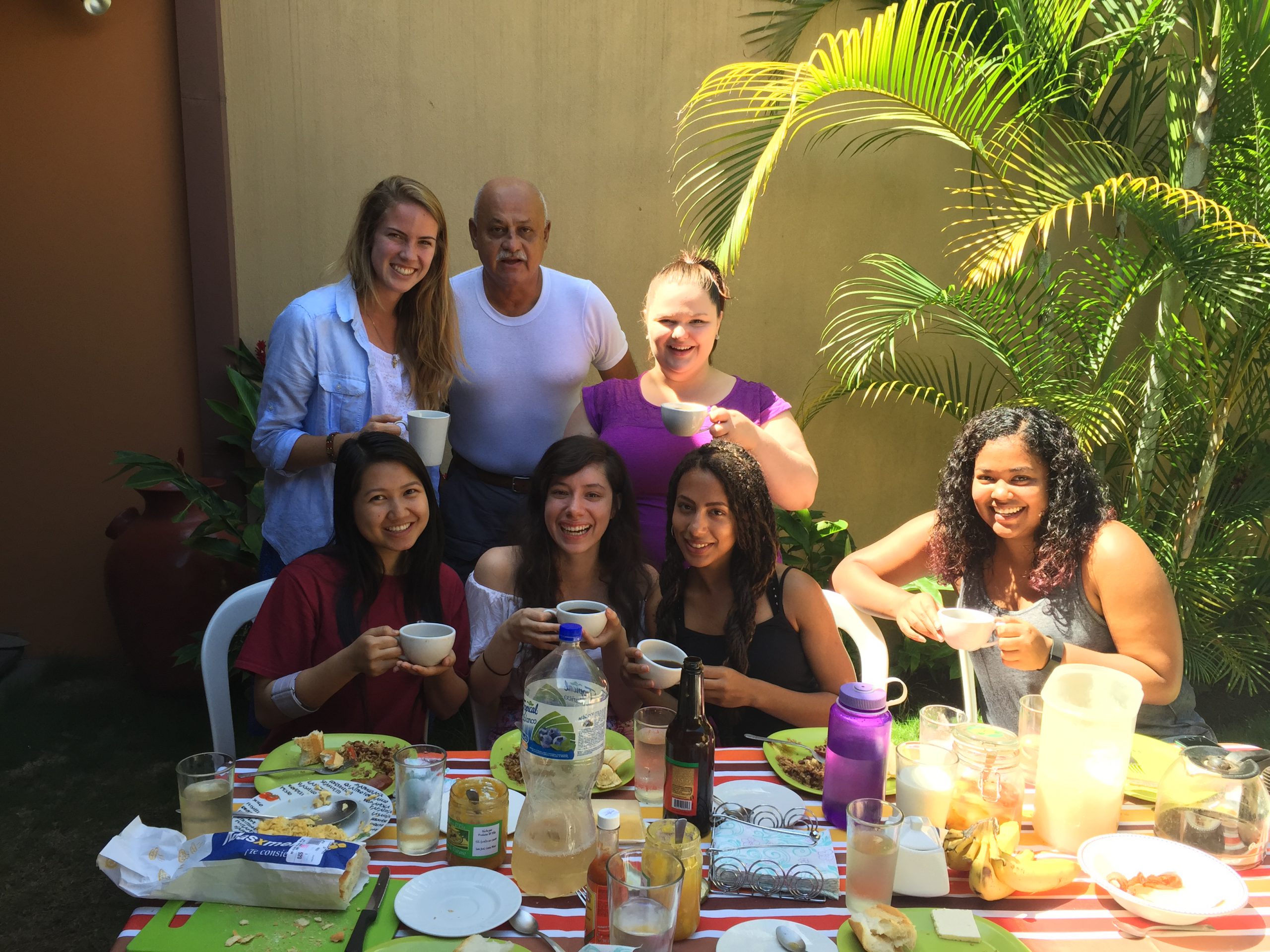Central America

- 19-Jul-2017
Feeling Off Balance
“Traveling is a brutality. It forces you to trust strangers and to lose sight of all that familiar comfort ofRead More ⇾

- 25-May-2016
Transitioning Back Home in the United States
Hello from Houston, As I reflect on my time as a Gilman scholar in Costa Rica, I think one ofRead More ⇾

- 15-Apr-2016
Finding Inner Strength to Combat Culture Shock
Hola! Culture shock is the really yucky part of the cultural immersion experience that happens to most people at someRead More ⇾

- 11-Feb-2016
Study Abroad Leads to Inspiration
Studying abroad in Costa Rica has completely changed my life. As a Gilman scholar, I have been given the enrichingRead More ⇾

- 11-Jan-2016
Understanding Casual Sexism in Costa Rica, Raising Awareness About Domestic Violence, and the Controversy Over Banca Kristal
Beunas, Before studying abroad in Central America, I knew living in a machismo culture for the first time would beRead More ⇾

- 15-Dec-2015
Reflecting on the Impact of Central America
Hola! Studying abroad changes you. Sometimes it’s hard to recognize these changes. I think before coming to Costa Rica, IRead More ⇾

- 09-Nov-2015
Time is Moving Too Fast for Me!
Hola Otra Vez! I can’t believe I’m soon to begin my third month studying abroad in Costa Rica! El tiempoRead More ⇾

- 05-Oct-2015
New Host Family, First Chess Tournament, and Possibly Peace Corps Bound!
After my host family change in early September, I’m happy to share I have been living with an incredible hostRead More ⇾



